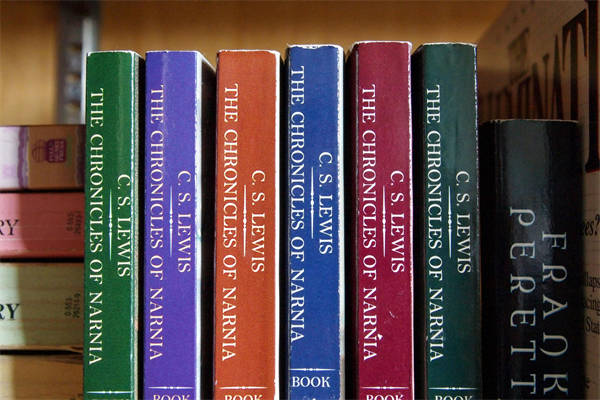What Are the Different Varieties of English Spoken Around the World?
.png)
English, as a global lingua franca, is spoken in various forms across the globe. Each variety of English reflects the cultural, historical, and linguistic influences of the region where it is spoken. Here are some of the most prominent varieties of English and their unique characteristics:
1. British English
British English is the standard variety of English that originated in England. It is characterized by its formal tone, complex grammar, and distinctive vocabulary. British English is widely used in academic, literary, and official contexts. Notable differences include the use of "color" instead of "colour," " programmes" instead of "programs," and "flat" instead of "apartment." Additionally, British English has various regional accents, such as Received Pronunciation (RP) and Cockney.
2. American English
American English is the most widely spoken variety of English, with its roots in the United States. It is known for its straightforward grammar and informal tone. American English often uses simpler vocabulary and spelling compared to British English. Key differences include the use of "soda" instead of "soft drink," "apartment" instead of "flat," and the omission of the "u" in words like "favorite" and "neighborhood." American English also has a wide range of regional accents, such as General American and Southern American.
3. Australian English
Australian English is spoken in Australia and has a distinct accent and vocabulary. It is influenced by British English but has developed its own unique features. Australian English is known for its use of "mate" as a term of endearment and "barbie" for barbecue. The grammar and spelling are similar to British English, but there are some differences, such as the use of "Flat" instead of "Apartment" and "Centre" instead of "Center." Australian English also has a number of colloquialisms and slang terms that are specific to the country.
4. Indian English
Indian English is spoken in India and is influenced by British English but has its own unique characteristics. It is characterized by a rich variety of dialects and accents. Indian English has a unique grammar and vocabulary, with words borrowed from Indian languages, such as Hindi and Tamil. Notable differences include the use of "auto" instead of "taxi" and "dabba" for a lunch box. Indian English is also known for its use of the word "chalta hai," which means "it is okay" or "it will be fine."
5. South African English
South African English is spoken in South Africa and is influenced by British English, along with other languages spoken in the region, such as Afrikaans and Zulu. It has a distinct accent and vocabulary, with a variety of dialects. South African English is known for its use of the term "bra" as a term of endearment and "braai" for barbecue. The grammar and spelling are similar to British English, but there are some differences, such as the use of "Flat" instead of "Apartment" and "Centre" instead of "Center." South African English also has a number of colloquialisms and slang terms that are specific to the country.

.png)
.png)

